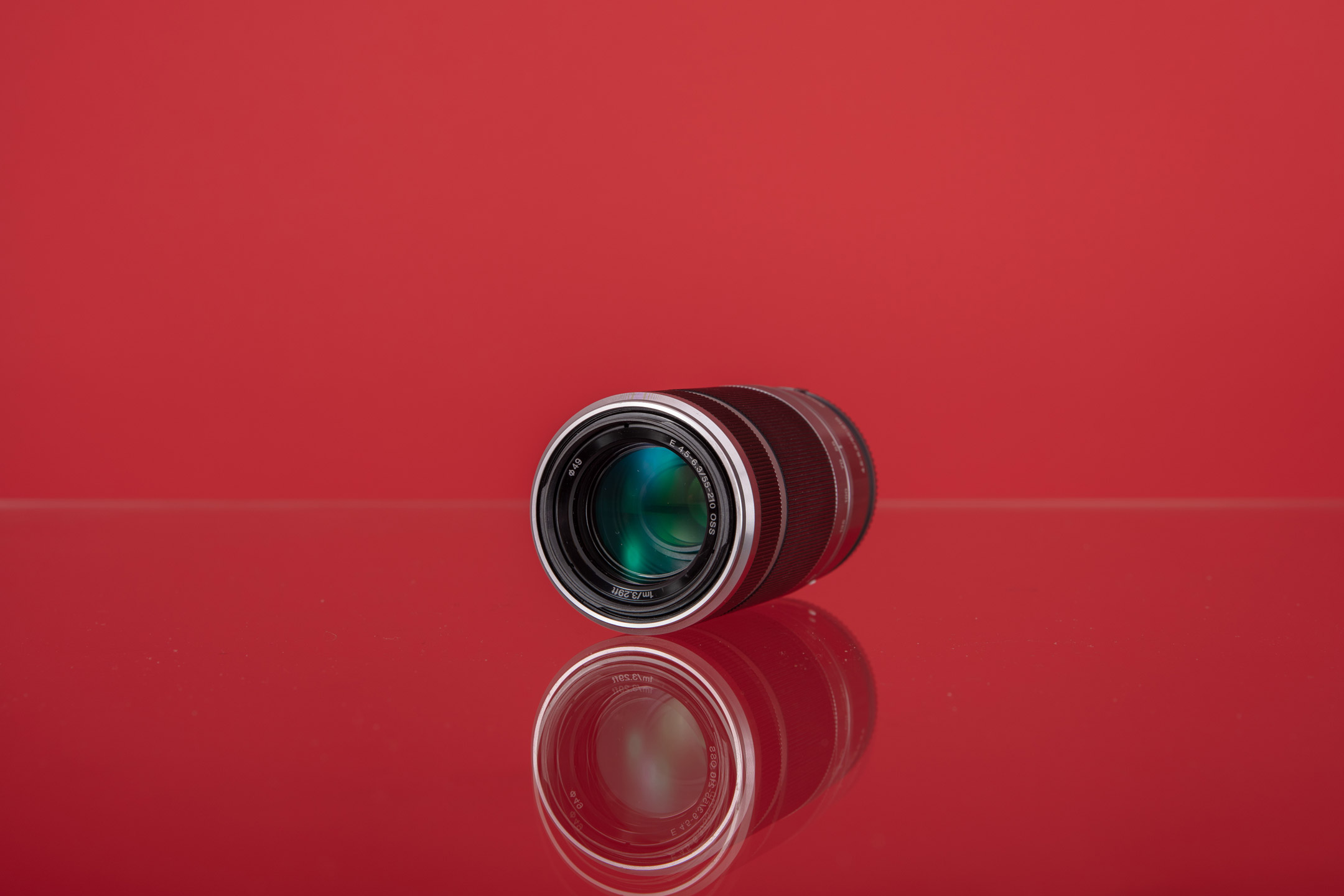
Selects: Top Video Camera Gear for Wildlife Filmmaking
Published 19 September 2025 by MPB
Creating video footage of wildlife comes with its own unique challenges. A lot will depend on the video camera and lenses you choose. So, what is the best video camera and lenses for wildlife videography? It all depends on your budget and level of expertise. Whether you’re an all-out beginner, an intermediate or ready to become a pro, the MPB team has created this guide to help you decide which video camera and lens is right for you.
Many of the same technical requirements apply to wildlife videography as photography. However, as you begin working your way up the food chain, you’ll find that clients impose exacting technical requirements upon you. So, your videography equipment should be capable of capturing the right footage.
Many DSLRs and mirrorless cameras now offer 4k video footage—or 1080p at the very least—so if you’re still not sure whether you want to specialise in stills or video, then a hybrid setup might be a good option for you.
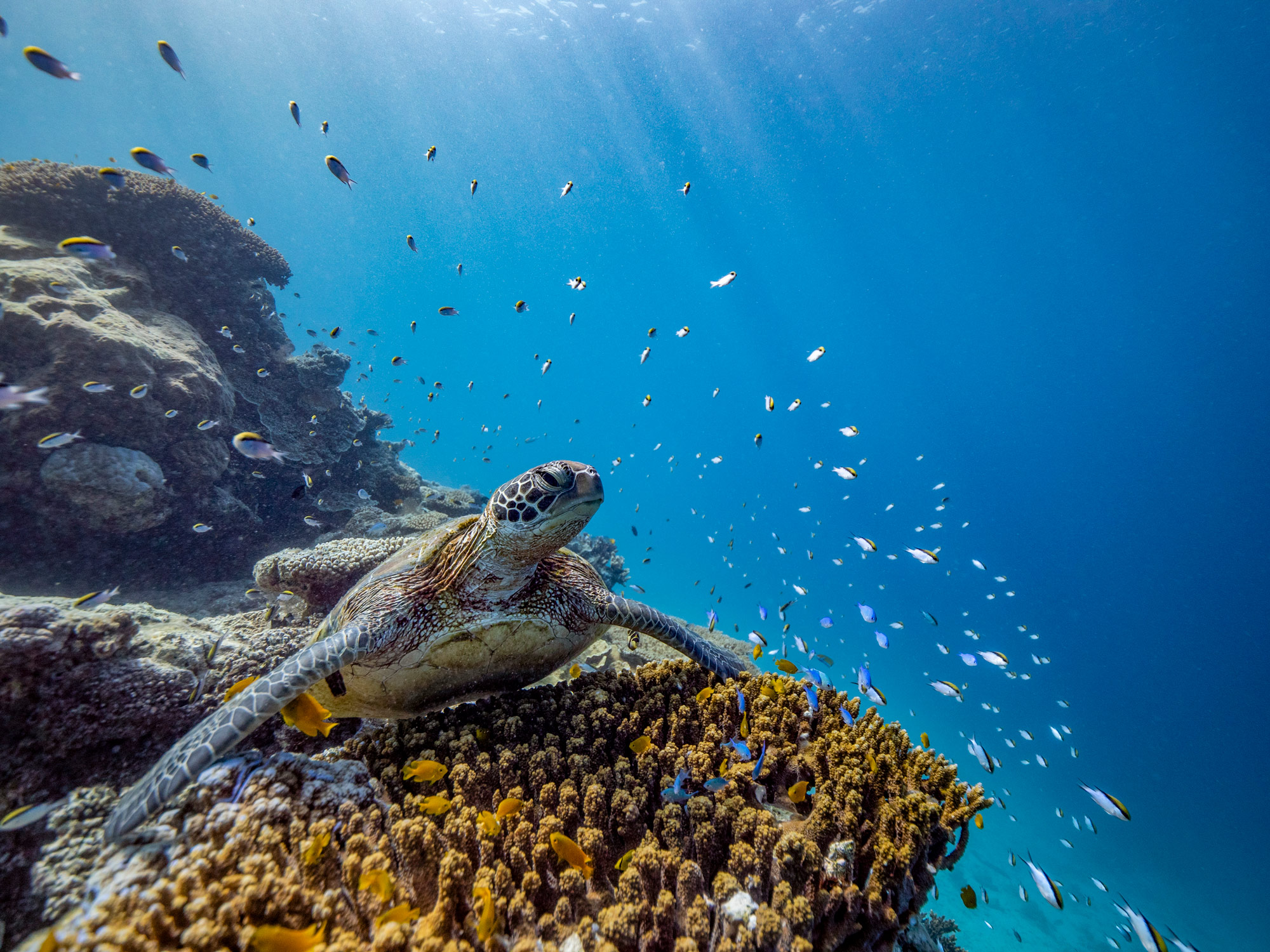
Wildlife filmmaking beginners: Best low-budget video gear
The Panasonic DMC-FZ1000 has a 20.1-megapixel one-inch sensor, which can capture 4K footage. And, crucially, it has a fixed Leica 25-400mm f/2.8-4.0 zoom lens. For the money, this setup is an excellent place to start—although it doesn’t offer the flexibility of changing between lenses and it isn’t weather sealed.
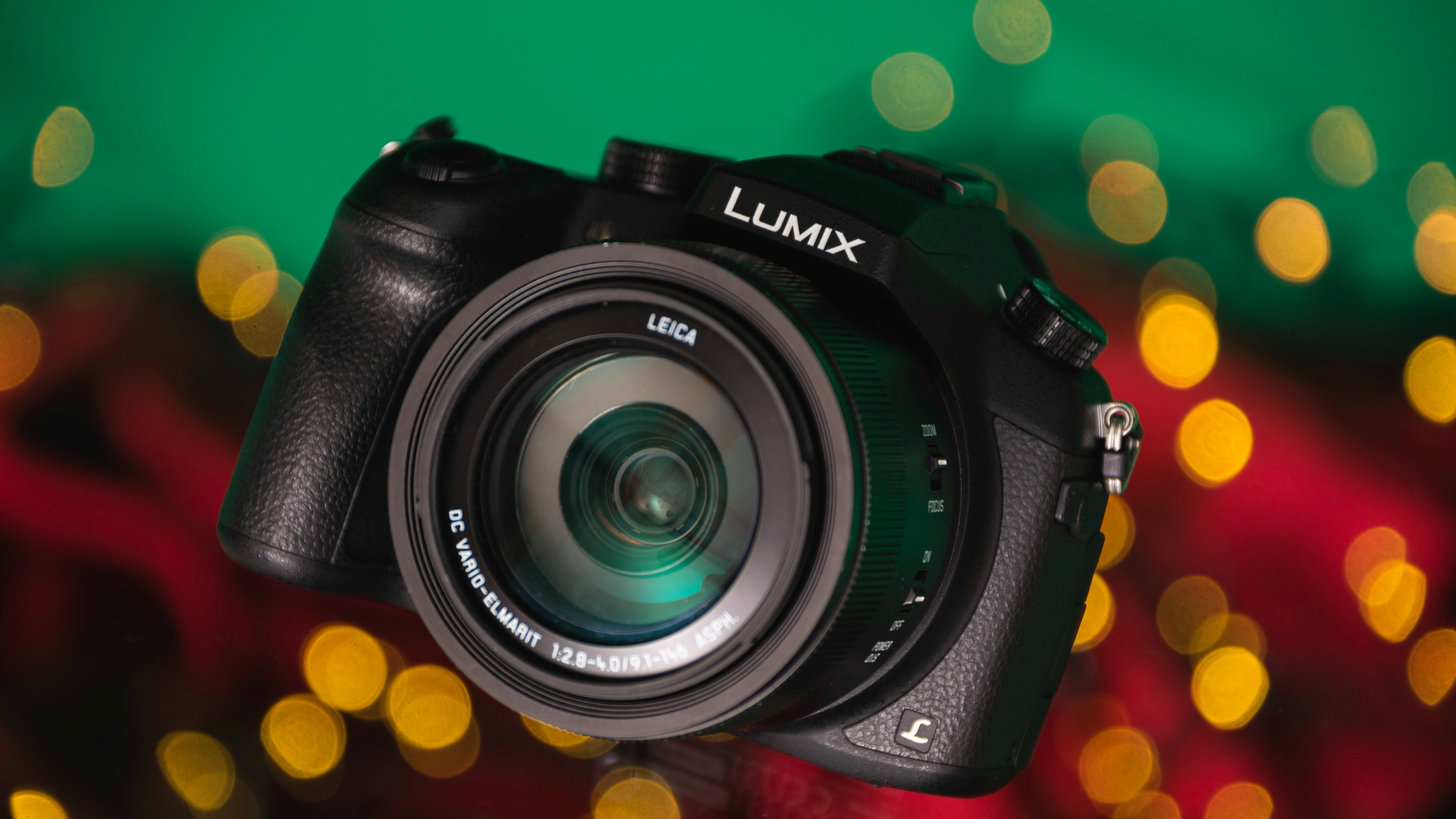
Panasonic DMC-FZ1000
Similar to the Panasonic DMC-FZ1000, but slightly more expensive is the Panasonic DMC-FZ2000, which has a lens with an increased reach of 24-480mm and built-in ND filters.
If you prefer to be able to switch lenses, the mirrorless Sony A6100 and Sony E 55-210mm f/4.5-6.3 OSS offer a 24.2-megapixel APS-C sensor with 4K footage and a good focal range. And you can continue adding Sony E lenses as you progress with your wildlife videography.

Sony E 55-210mm f/4.5-6.3 OSS
Intermediate wildlife filmmakers: Best mid-range videography equipment
If you enjoy using fixed-lens cameras, the Nikon P1000 shoots 4k and costs well under a grand. But the main mind-blowing feature of the Nikon P1000 is the combination of its 1/2.3-inch sensor and 4.3–539mm lens can achieve an equivalent reach of 3,000mm. Yep, three thousand.
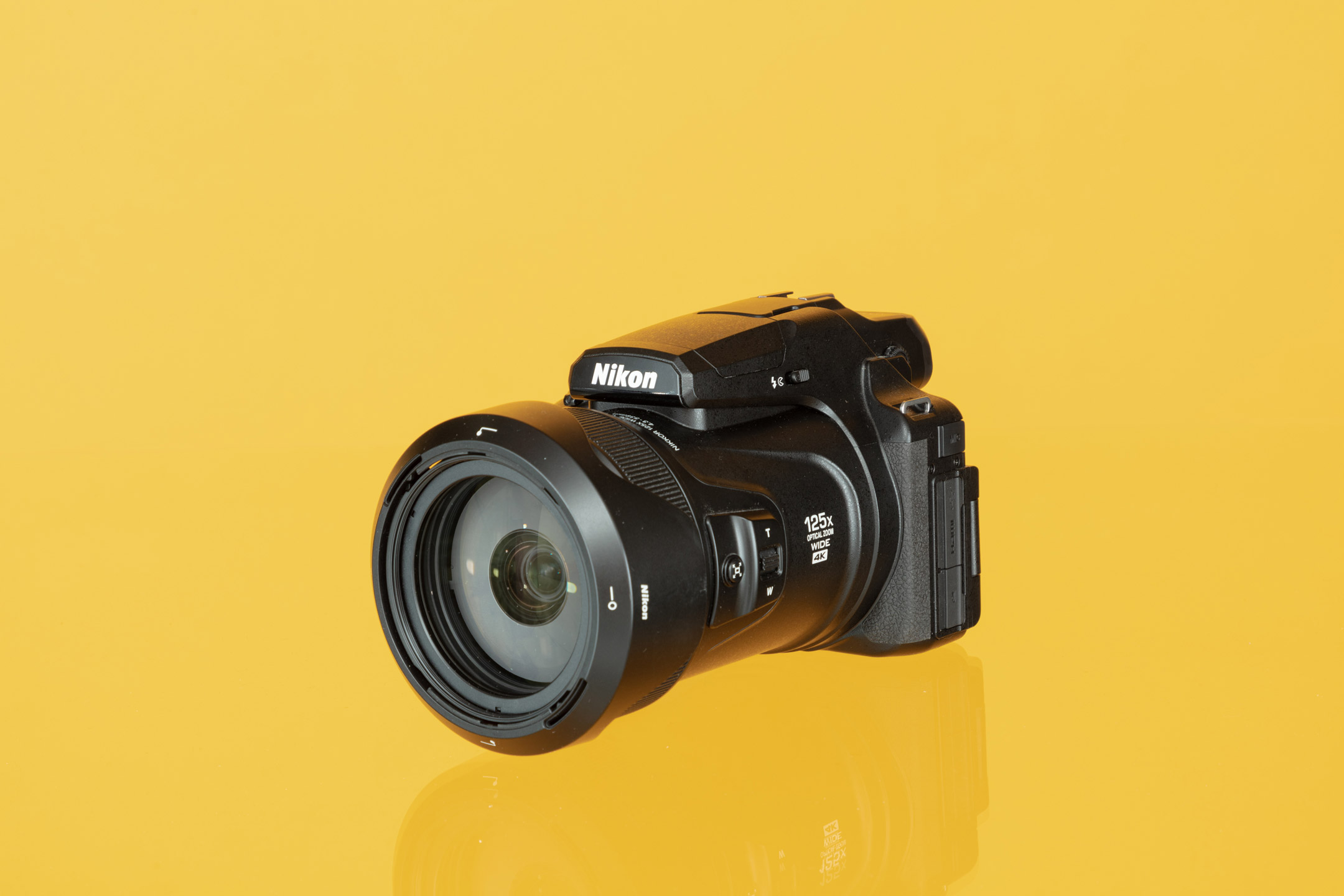
Nikon P1000
If you want a compact setup capable of capturing close-up 4k footage of wildlife—and your requirements end there—then the Nikon P1000 is for you. While it isn’t weather sealed and can’t really compete with a ‘proper’ videography setup in capturing professional-level footage, it does offer that all-important reach at an attractive price point. So, the Nikon P1000 could be a good way to practice your skills before moving up to a better setup.
Otherwise, a micro four-thirds setup might tick a few more boxes. Micro four-thirds sensors are smaller than APS-C, while still big enough to retain a fair image quality. At around a grand, the Olympus OM-D E-M1X and Olympus M.Zuiko Digital ED 75-300mm f/4.8-6.7 II make a pretty good intermediate setup for wildlife videography.
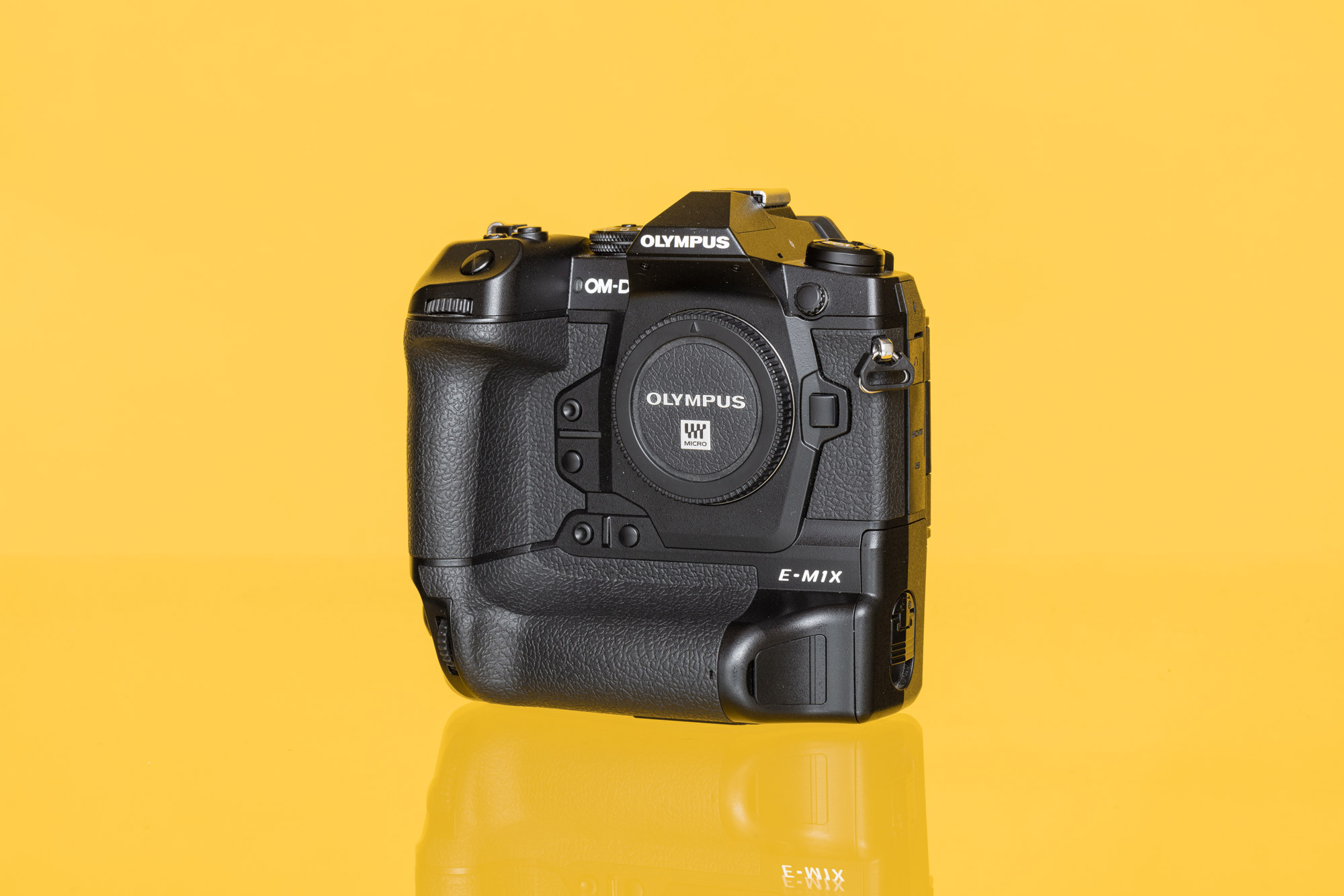
Olympus OM-D E-M1X
Expert wildlife filmmakers: Best pro-level videography equipment
If you’re looking for a setup solely for video, then the Sony PXW-FS7 II is an industry-standard powerhouse. You can use all Sony FE lenses with the FS7 II, making it an ideal upgrade for existing Sony users. We’d recommend the Sony FE 100-400mm f/4.5-5.6 GM OSS.
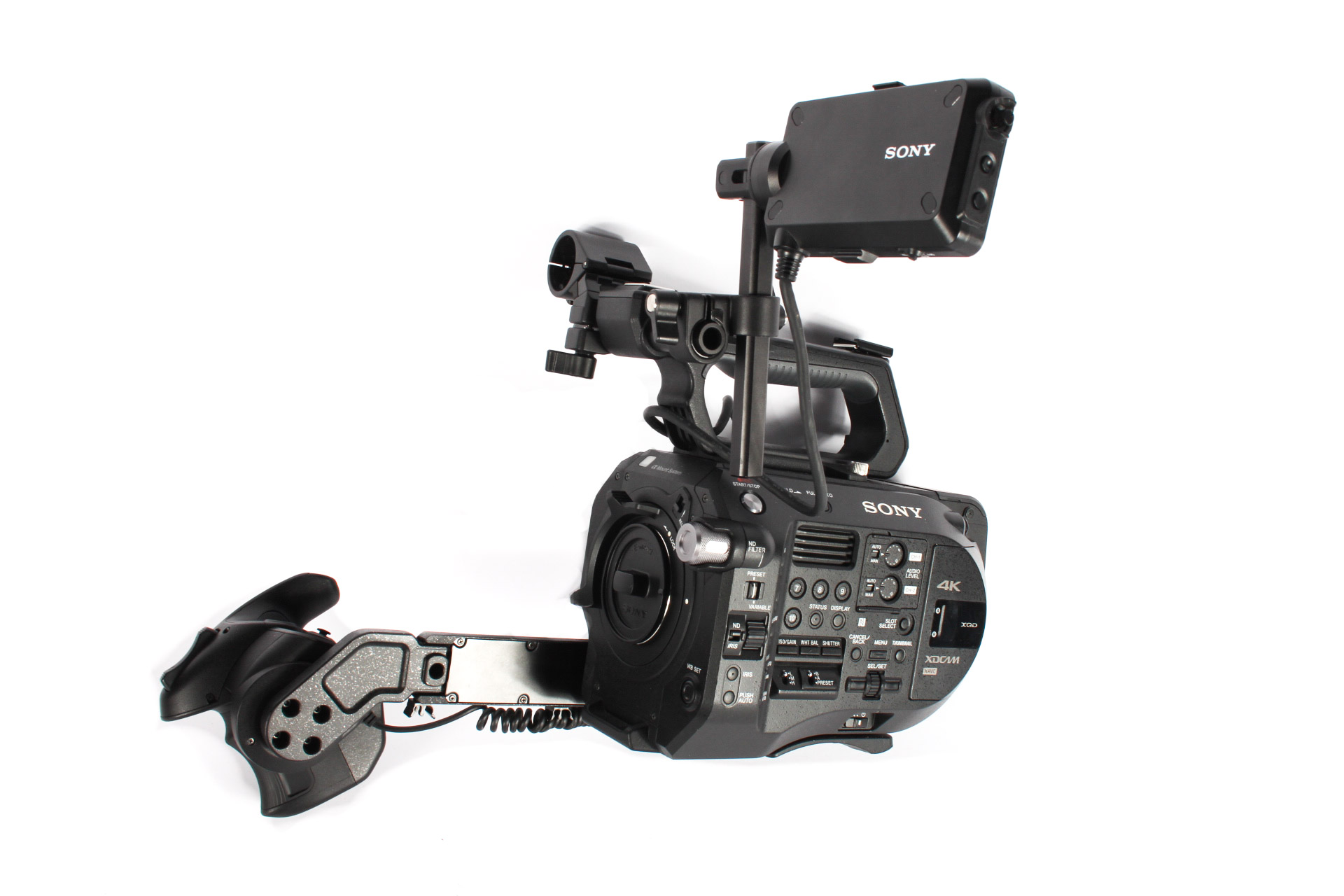
Sony PXW-FS7 II
Otherwise, the Fujifilm X-H2S, Canon EOS R5 and Nikon Z9 all feature animal eye autofocus and have particularly strong video specs. Combine any of these camera bodies with the Fujifilm XF 70-300mm f/4-5.6 R LM OIS WR, Canon RF 100-500mm f/4.5-7.1L IS or Nikon Nikkor Z 70-200mm f/2.8 VR S respectively and you’ll have a capable all-rounder setup for both video and stills.
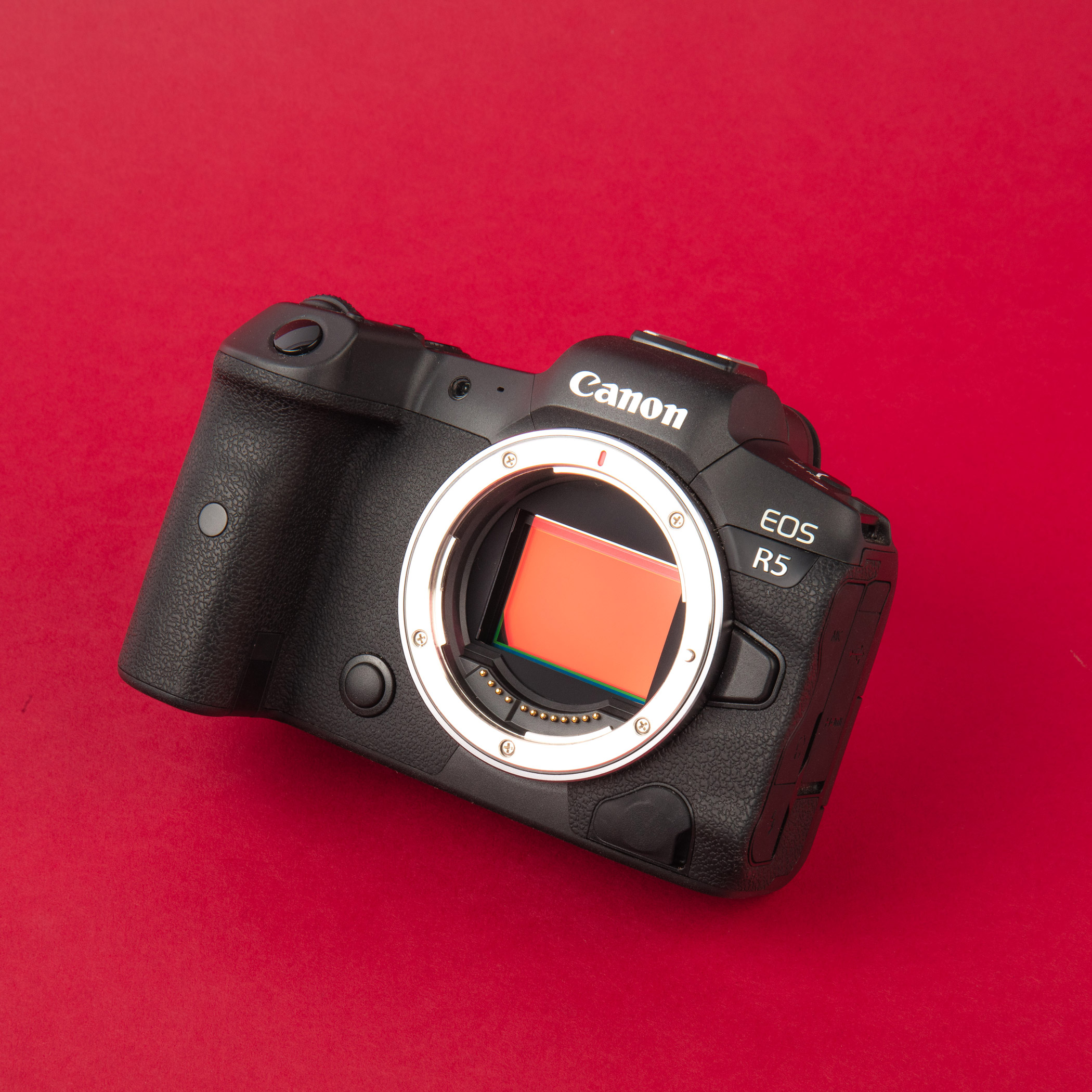
Canon EOS R5
Looking for more wildlife content?
This article is part of the MPB Guide to Wildlife Photography and Videography, our comprehensive look at how to create wildlife imagery, with camera recommendations, advice and interviews with experts.
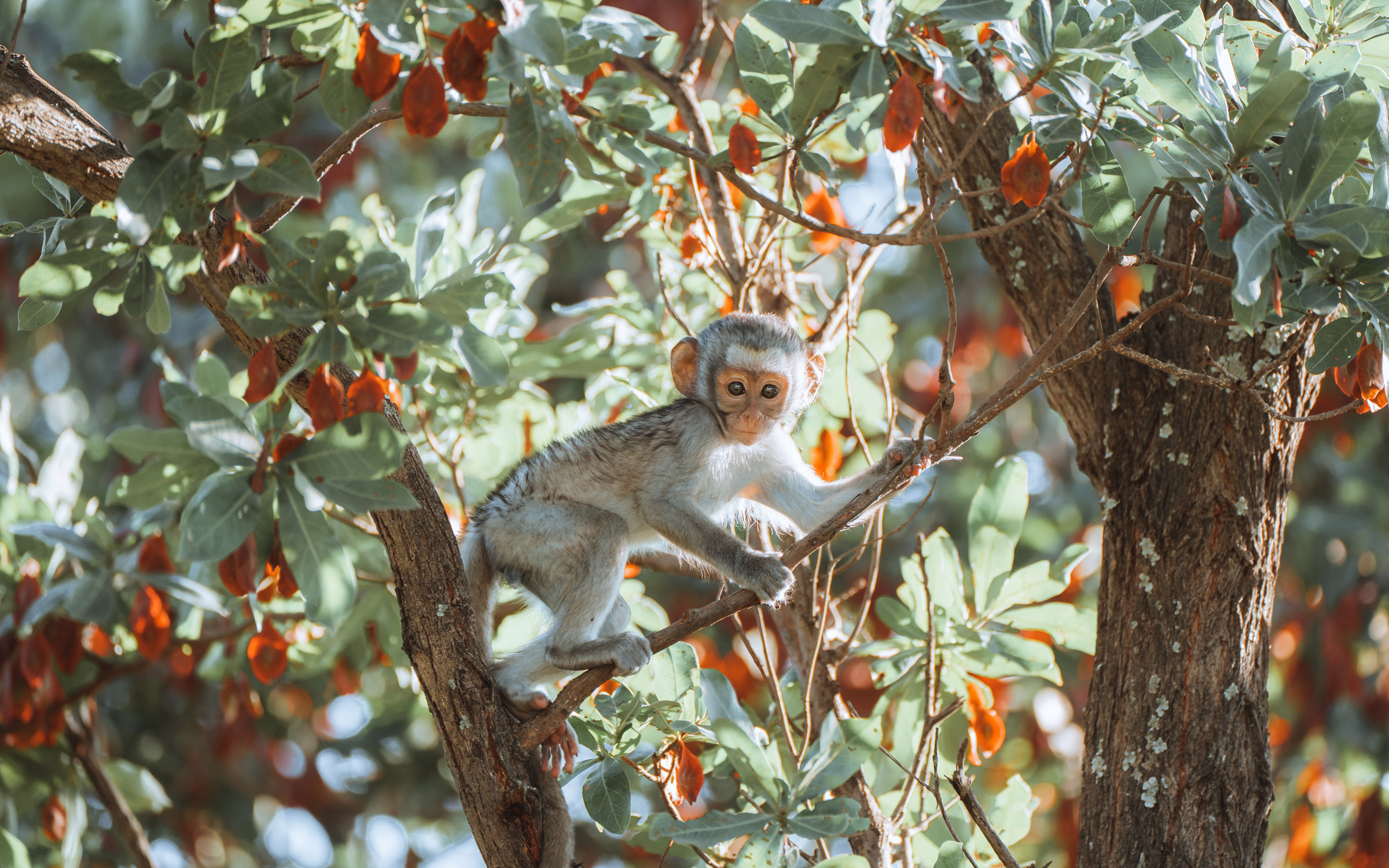
MPB Guide: Wildlife Photography and Videography
Discover the full MPB wildlife photo & video guide, where you'll find tips for wildlife photography beginners, advice on camera gear and interviews with inspiring photographers and filmmakers.

Selected: Top Camera Gear for Wildlife Photography
Check out the best camera gear for wildlife photography, with options for any budget and level of expertise.
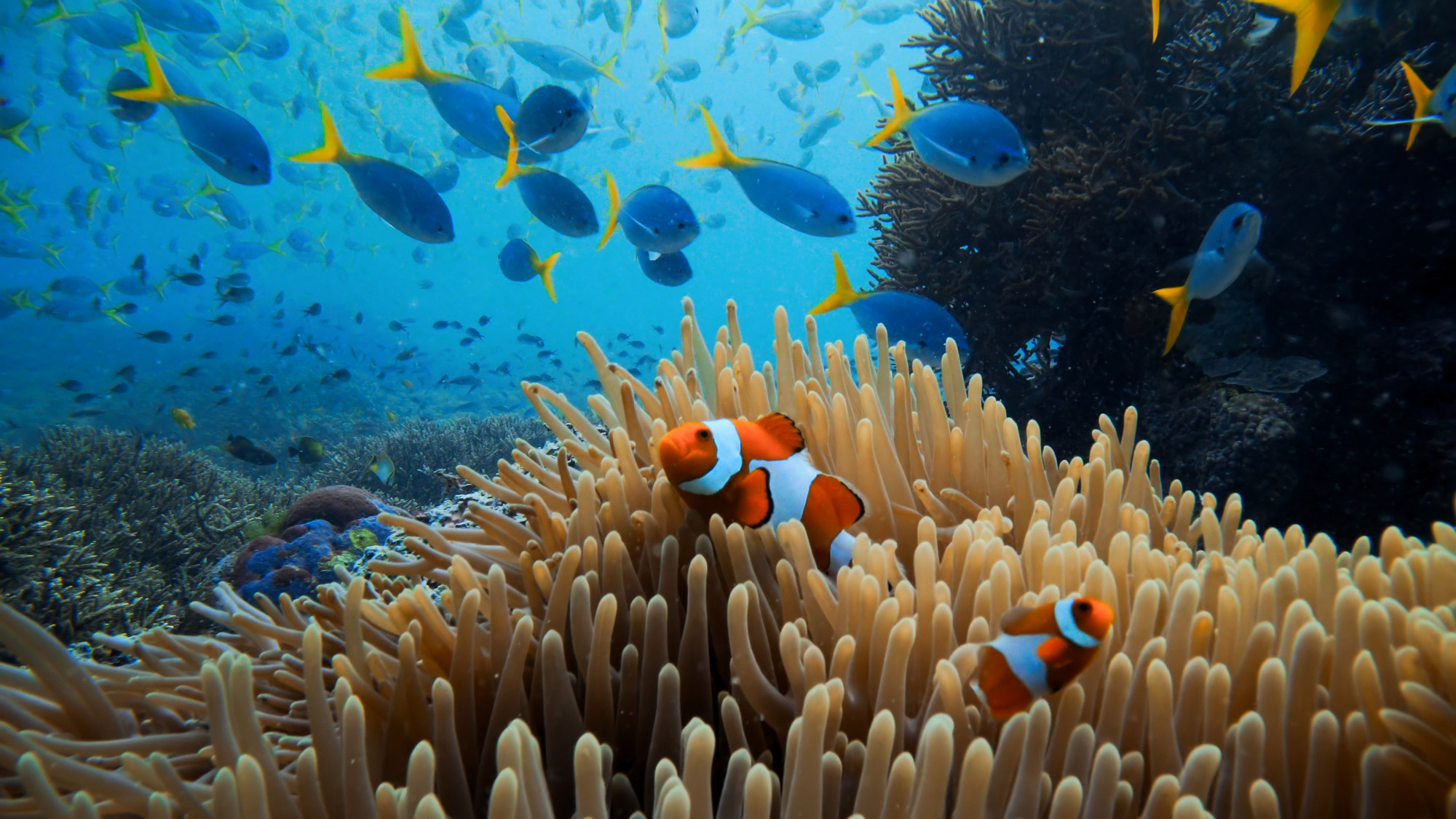
MPB Meets: BAFTA-nominated Wildlife Cinematographer Alex Vail
Our interview with Alex Vail, who has worked on iconic wildlife documentaries including Frozen Planet II, Blue Planet II, and Seven Worlds, One Planet.
You can sell or trade your camera kit to MPB. Get a free instant quote, get free insured shipping to MPB and get paid within days.